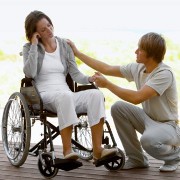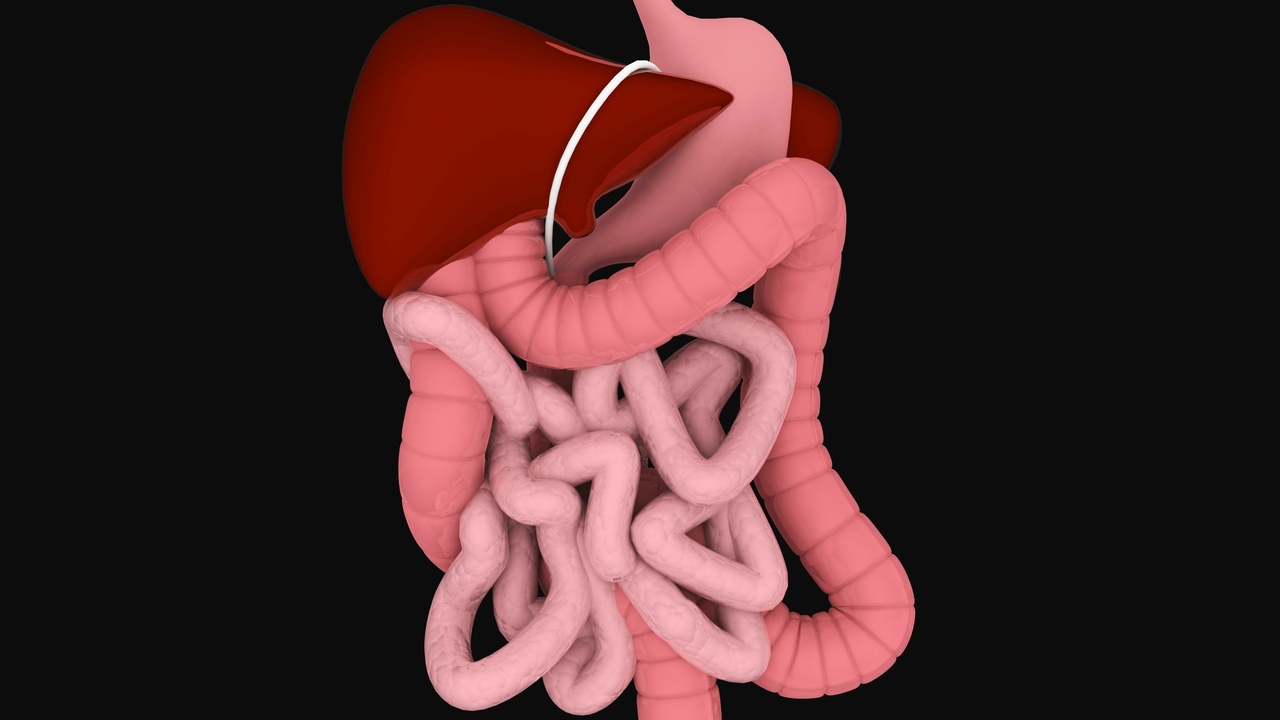Women between the ages of 40 and 60 are generally 2 to 3 more times likely affected by rheumatoid arthritis than men. If untreated, it can shorten life by 3-7 years initially, and 10-15 years for more severe cases.
While treatment has greatly advanced in more recent years, it is crucial to be diagnosed and treated early to avoid significant joint damage. Avoiding treatment could result in the need for surgery, lifelong medication and the need for physical therapy.
Symptoms of rheumatoid arthritis could start with fatigue, loss of appetite, morning stiffness, widespread muscle aches, and weakness. Joint swelling, joint tenderness, pain and/or stiffness of the joint, limited range of motion in one or more joint and on both sides of the body can also characterize rheumatoid arthritis development.
If you suspect you may have rheumatoid arthritis, it is important to discuss any concerns with your doctor to assure early treatment and slow progression of the condition.
Some questions you may want to ask might be:
- How is arthritis diagnosed? Early symptoms may mimic other conditions so it can be difficult to diagnose. Your doctor may order an anti-CCP antibody test, one of several other tests including complete blood count (CBC), c-reactive protein, erythrocyte sedimentation rate, joint ultrasound or MRI, joint x-ray, rheumatoid factor test, or synovial fluid analysis.
- How is arthritis treated? Disease modifying antirheumatic drugs (DMARDs) are the standard for treatment of rheumatoid arthritis, however, your doctor also may prescribe anti-inflammatory medication, antimalarial medication, corticosteroids, or cyclooxygenase-2 (COX-2) inhibitors. Many cases also require physical therapy and sometimes surgery for more severe cases.
- What is the long-term risk? Extreme or advanced cases of rheumatoid arthritis could cause deformation of joints and severe weakening of weight-bearing joints making it difficult to perform routine daily tasks. Destruction of joints can occur as early as 1 to 2 years after developing the disease. Roughly 10 percent of those diagnosed with rheumatoid arthritis can become disabled after having the disease for a number of years.
- What information should I share with my doctor if I suspect rheumatoid arthritis? It is important to keep track of symptoms, medications and supplements, what seems to help or worsen your condition, personal and family medical history, and share it with your doctor.
- Can rheumatoid arthritis be prevented? There is no known preventation for rheumatoid arthritis, but it is possible to avoid further damage to joints with early treatment.
- What can I do at home to help my condition? Doctors recommend getting regular exercise to help strengthen muscles around your joints and help fight fatigue. If you're just starting to exercise, try taking a short walk and building up your distance, or try swimming or a gentle water aerobics class. Apply heat or cold (don’t use cold if you have poor circulation or numbness). You also should try to eliminate stress using deep breathing or muscle relaxation to control pain.
- Is there any research I can do on my own and what sources would you recommend? Your doctors can suggest their favorite web sites and/or support groups for obtaining more information and helping you cope with rheumatoid arthritis.
Resources:
www.mayoclinic.com Rheumatoid arthritis
www.health.google.com Rheumatoid arthritis
Do you have a question about arthritis? Check out EmpowHER’s arthritis page. Sign-up, post a question, share your story, connect with other women in our community and feel EmpowHERed!




